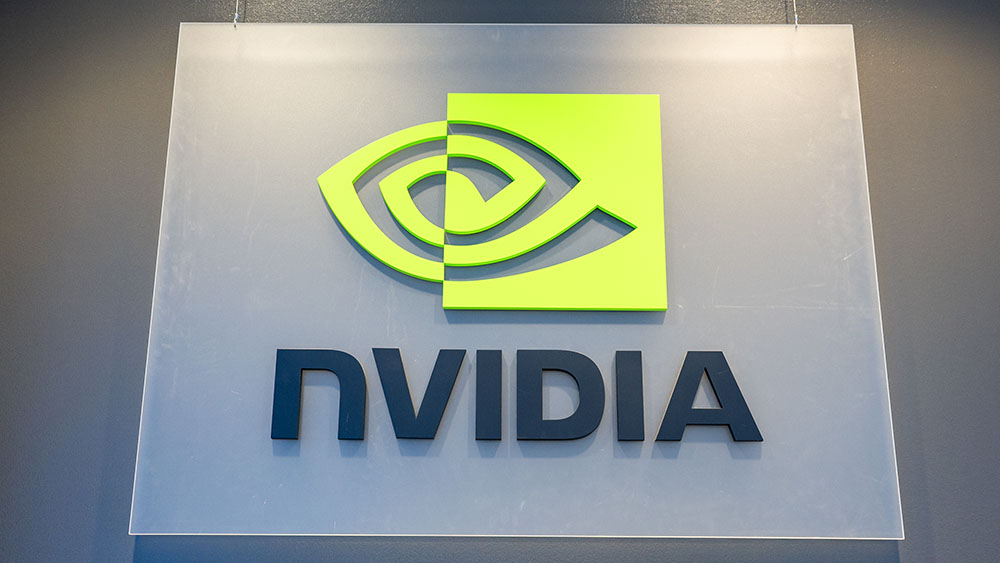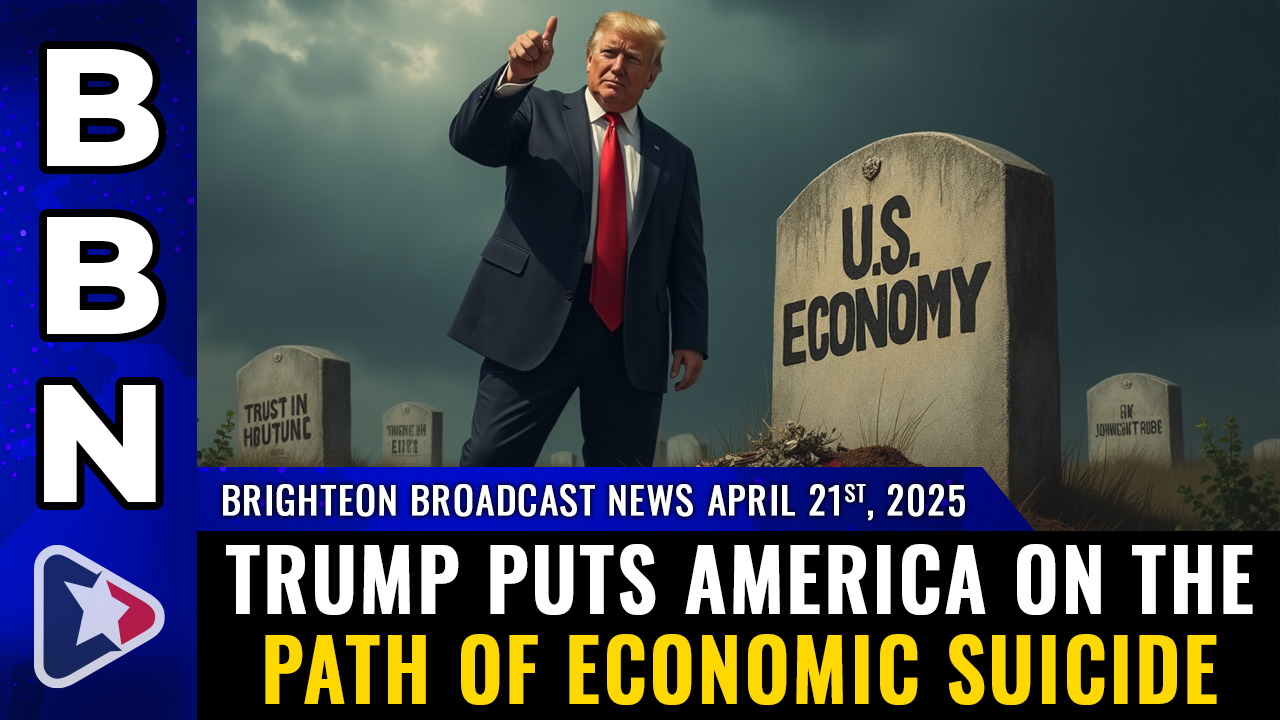
- Nvidia commits $500 billion to build AI supercomputers and semiconductors exclusively in the U.S.
- The investment aligns with Trump’s agenda to reduce reliance on foreign supply chains and boost domestic jobs.
- Facilities in Arizona and Texas will operationalize production within 12 to 15 months, with a full rollout expected by 2029.
- Trump vows to expedite permits, framing the move as critical for national security and economic resilience.
- Analysts warn of potential trade war risks and inflation despite short-term job growth.
In a major boost for American tech sovereignty, Nvidia has pledged a staggering $500 billion to build AI supercomputers and advanced semiconductors exclusively in the U.S. — an investment President Donald Trump immediately promised to expedite by fast-tracking permits.
Announced on April 14, the plan marks the first time Nvidia will manufacture its AI infrastructure domestically, aiming to create "hundreds of thousands of jobs" and inject "trillions in economic security" over the coming decades. The move aligns with Trump’s broader agenda to reduce reliance on foreign supply chains, particularly China and Taiwan, while reviving high-tech manufacturing in states like Arizona and Texas.
A strategic pivot to U.S. production
Nvidia CEO Jensen Huang framed the decision as a long-term necessity for both competitiveness and national security. "The engines of the world’s AI infrastructure are being built in the United States for the first time," Huang said. The initiative includes over a million square feet of chip production and testing facilities in Arizona, paired with AI supercomputer assembly plants in Texas, operated by partners Foxconn and Wistron. Mass production is expected within 12 to 15 months, with the full $500 billion rollout completed by 2029.
The pivot responds to mounting geopolitical risks, including Trump’s escalating tariffs on foreign-made electronics. Though temporary waivers currently exempt semiconductors, the administration has signaled plans for industry-specific tariffs, pushing firms like Nvidia to localize production. "Adding American manufacturing strengthens our supply chain and boosts our resiliency," Huang added, emphasizing operational stability over cost-cutting abroad.
Economic and political implications
The announcement delivers a timely win for Trump’s "Golden Age of America" economic platform, which ties deregulation and tariff pressure to domestic job growth. On Truth Social, Trump celebrated Nvidia’s commitment, vowing to slash bureaucratic hurdles: "All necessary permits will be expedited and quickly delivered." Analysts note the investment could counterbalance fears of a trade-war-induced recession, particularly after Treasury yields spiked following recent tariff announcements.
Critics, however, question sustainability. While the project promises massive short-term job creation—chiefly for skilled engineers and technicians—the long-term viability hinges on maintaining technological leadership.
Tariffs as a double-edged sword
Trump’s tariff strategy looms large over the investment. While exemptions for electronics like GPUs remain in place, Commerce Department probes into semiconductor imports under national security provisions could introduce new trade barriers. This uncertainty has accelerated shifts like Apple’s $500 billion U.S. expansion and TSMC’s $100 billion stateside pledge, but analysts warn of rising consumer costs if tariffs persist.
For now, the administration is leveraging the momentum. Hyundai’s recent $21 billion U.S. steel plant investment and Microsoft’s $80 billion AI data center pledge suggest a growing corporate alliance with Trump’s vision. Yet Federal Reserve Chair Jerome Powell cautioned that tariffs risk "higher inflation and slower growth," potentially forcing tough monetary policy choices.
If successful, Nvidia’s investment could redefine America’s role in the global tech supply chain, reducing vulnerabilities exposed during the pandemic’s chip shortages. Infrastructure upgrades and workforce training will be critical; Phoenix and Houston already face labor shortages in advanced manufacturing.
Trump’s ability to sustain this "golden age" may depend on balancing protectionism with market stability. For Nvidia, the gamble is that onshore production will offset tariff risks while securing lucrative government and private-sector AI contracts.
Sources for this article include:
Please contact us for more information.
















